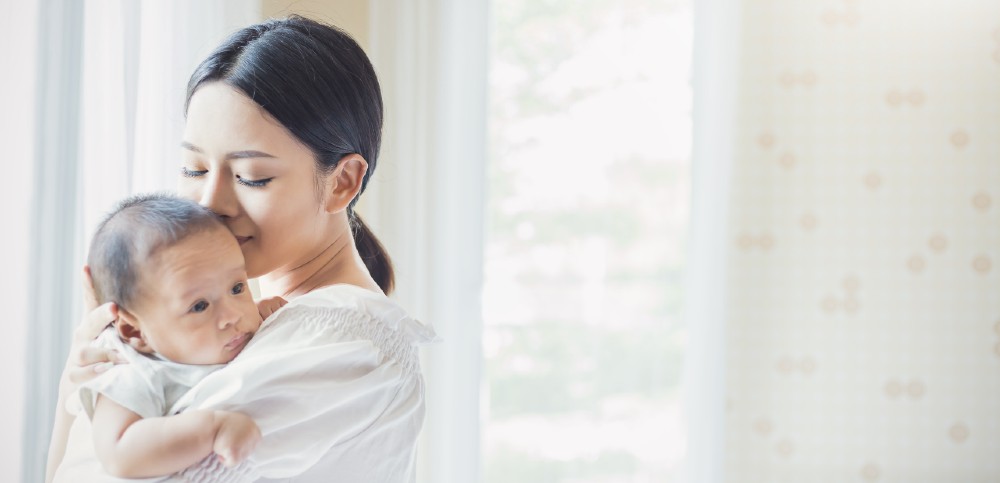Japanese Parenting Styles: The Importance Of The Mother-Child Bond
January 12 2022
Almost 40% of people aged between 20-49 years old in Japan say they feel giving birth and raising children is easy in the country, a new government survey by the Cabinet Office reveals. Feeling "safe" in their local communities is largely responsible for this response. When it comes to Japanese parenting techniques, they tend to differ significantly from Western styles. In particular, the relationship between the mother and child plays a key role in order to successfully raise moral, obedient children.

Only in more recent years have Japanese mothers started to commonly adopt the role of primary caregiver.
Traditional Japanese parenting
In Japan in the past, the mother tended not to take on the role of primary caregiver — a significant change from modern Japanese parenting. Instead, the extended family mainly shared responsibilities of childrearing in poorer families, while wealthier families also employed the same approach in addition to using servants. It's only in more recent years Japanese mothers started to commonly adopt the role of primary caregiver and the relationship between mother and child became the defining feature of Japanese parenting.
Prioritizing dependency on the mother
Japanese parents tend to raise children to be dependent on them rather than fostering independence, research from the Kansas Association for Infant & Early Childhood Mental Health reveals. In the west, for example, a mother might encourage her children to choose what games to play or to tie their own shoes. Japanese mothers, on the other hand, take on a more domineering role in their child's life. Fostering this dependence ultimately helps Japanese children become more obedient and reliant on the guidance and advice of their parents, research from Southern Utah University tells us.
>Additionally, co-sleeping is also popular in Japan. 59% of Japanese children co-sleep with their parents three or more times a week, compared to just 15% of US children, a study in JAMA Pediatrics reveals. In the US, babies typically sleep in their own crib until they’re about two before they transition to their own bed. Establishing bedtime and wakeup routines can help make this change as smooth as possible for the child.
Fostering an intimate mother-child bond
Japanese mothers typically work to create an intimate bond with their child: "a partnership where there is a 'shared mind' rather than two separate or independent minds". As a result, the mother can accurately understand the child, while the child learns to recognize and understand her emotions, body language, and gestures. The mother develops this closeness and dependency to create a strong, positive relationship. Ultimately, Japanese mothers rely on encouragement, suggestion, and persuasion (along with occasional teasing and humiliation) in their parenting approach.
By valuing a dynamic of peace, harmony, and good will, they also actively avoid direct confrontations with their child and wider family. In turn, the child is more likely to want to maintain this harmonious relationship and be less prone to aggression and rebelliousness.
Japanese parenting techniques are undoubtedly unique. By placing the focus on the mother-child relationship, parents successfully raise strong, obedient, and moral children.
Related content
